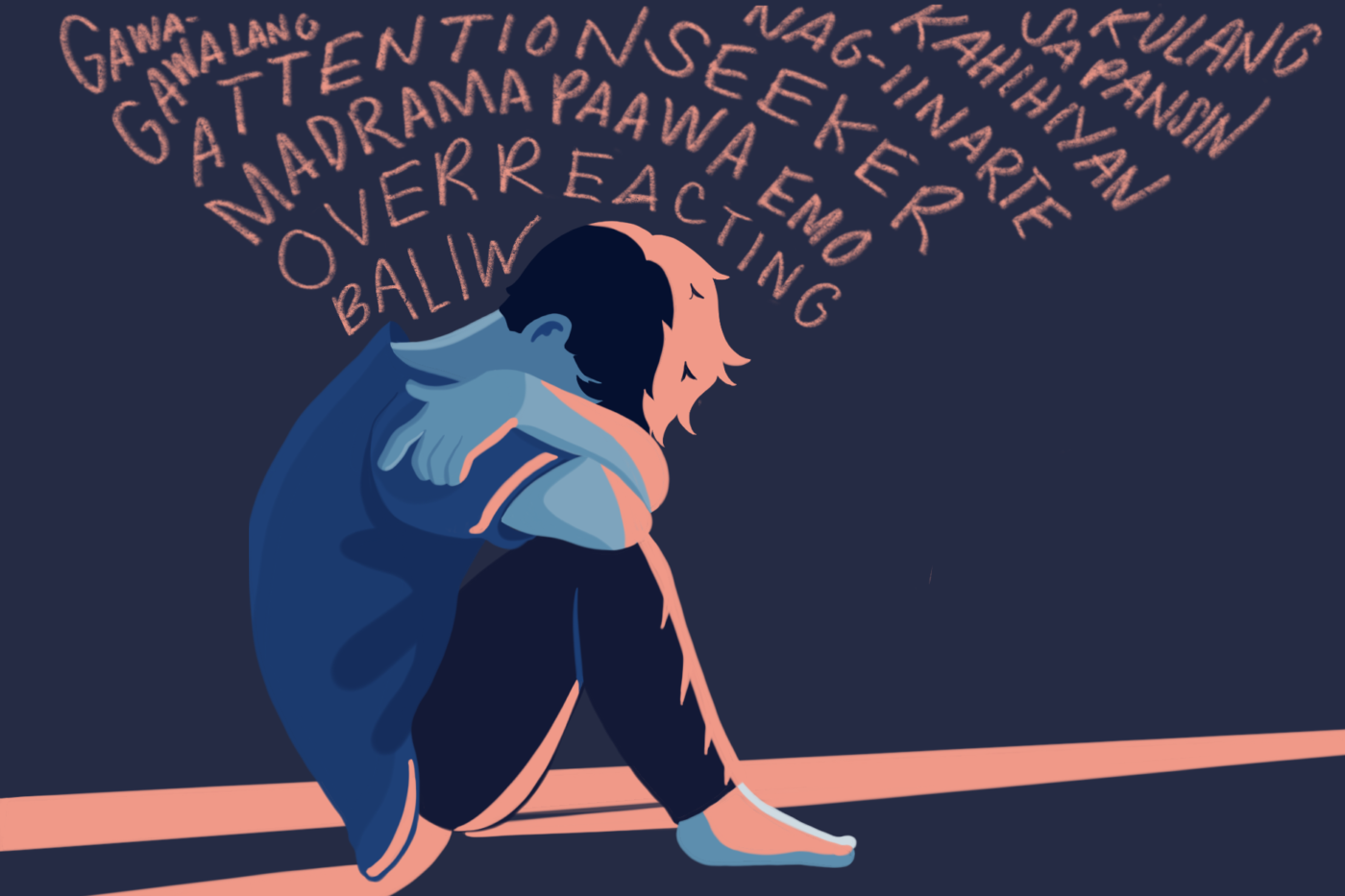WHILE THE country’s first mental health law aimed to help end the discrimination against mental health, the stigma persists. One in five Filipinos suffer from mental health issues—this underscores the rising mental health illness incidence over the past decade.
The University of the Philippines conducted a study in 2017, which found that the stigma against mental health has been present since the 16th century and only increased despite the advent of scientific methods that understand and treat mental illnesses. The study also explained that the stigma has been shaped by a culture of hiya (shame) and fatalistic resignation. These aspects of Philippine culture that characterize mental health behaviors have proven to be detrimental.
Moreover, a 2018 study revealed the substantially negative implications of the prejudices created by prevalent perspectives on mental health in the country. These included increased financial strain, lost opportunities, aggravated mental health, and reduced social connections for those experiencing mental health issues.
However, not only does, the stigma against mental health proliferate discrimination and greatly harm the survival of persons with mental health issues, it also impacts their families. Behavioral Science Professor Andrea Martinez identified that this serves as a primary barrier against Filipinos’ willingness to seek intervention or medical treatment. This, in turn, further reinforces the silence around mental health and the perpetuation of the stigma.
Furthermore, the COVID-19 pandemic has exposed the realities of mental health issues in the country as mortalities that catch public attention. Subsequently, this prompted the Department of Health and the World Health Organization to set up a special initiative, which identified 3.6 million Filipinos suffering from mental health issues. In turn, officials say the country has been plunged into a mental health crisis. However, the healthcare system’s capacity to respond to such a crisis may be limited given the inaccessibility of mental healthcare in the Philippines.
President of the World Association for Psychological Rehabilitation Dr. Lourdes L. Ignacio asserted that “[In] the Philippines, the shortage of human and financial resources along with the stigma on anything ‘mental,’ and the low prioritization for mental health hamper the national capacity to respond to the increasing needs of the Filipino to sustain a good quality of life.” This neglected mental healthcare system accentuates the harrowing reality of increasing suicide rates that continue to plague the Filipino.While mental health takes the spotlight as both a national and global concern, a renewed conversation on the underlying issues of the mental healthcare system in the country is brought to fore. Now, both legislators and top executives have called for the full implementation of the mental health law in a bid to save lives. Perhaps, with the growing call to address the festering ails of the mental healthcare system in the Philippines, help may come soon rather than later.




